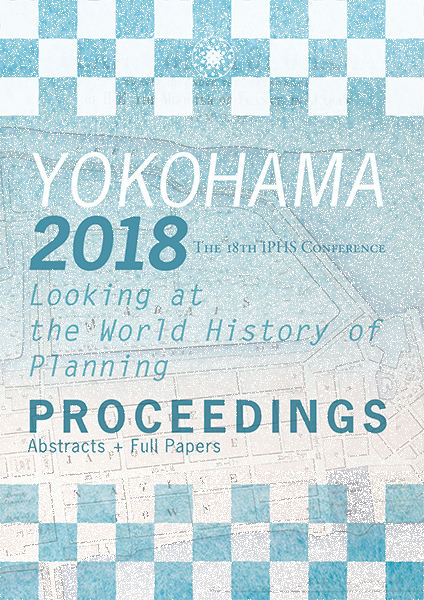McPublic Spaces
McDonald's appropriation of the everyday place in Hong Kong
DOI:
https://doi.org/10.7480/iphs.2018.1.2683Abstract
This paper analyses the role of McDonald’s in Hong Kong as a consumption-oriented place where the production of social space happens under the constraints of the market’s spectacle and speculations. McDonald’s in Hong Kong have evolved from the original aesthetics of the company, with a colorful postmodern cafeteria look, to the latest concept “Next” with a bold design, neat materiality, touch screens and open layout. Throughout this process, its restaurant design and polices have evolved by appropriating the rhythms of the city and its citizens. Whereas Hong Kong’s city escape is commonly perceived as the product of top down strategies carried out by “coalitions” between public institutions and private corporations, McDonald’s offers a case study of informal activities influencing the way a global enterprise develops. Its new “Next” concept might be seen as an attempt to anticipate informality. Two opposing ideas underlie this “open look”: the aim to homogenize customers through the sanitation of the space, versus the provision of neutral spaces to allow for the occurrence of heterogeneity. The presence of the screen as an intermediary between the restaurant and its customers empowers a dichotomy between an impersonal fast food service and current paradigms that aim to prioritize people and food.

